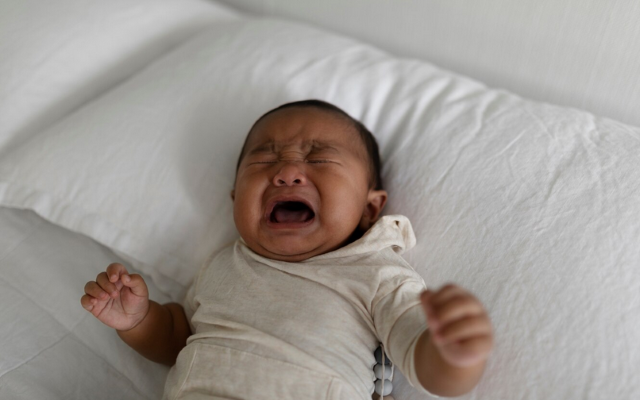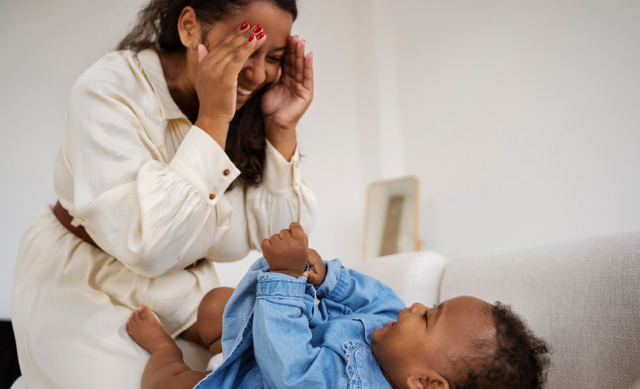A new Swedish study is giving sleep-deprived parents everywhere a little grace. The research, published in JCPP Advances, suggests that genetics plays a major role in how much babies cry, meaning some little ones may just come into the world wired for more crying.

Using data from nearly 1,000 sets of twins (both identical and fraternal), researchers found that at just 2 months old, genetics accounted for about 50% of a baby’s crying and ability to settle. By 5 months, that number jumped to 70%.
So, if your baby’s tears come on strong and often, it might not be the soothing methods that you are using, it could simply be DNA at play.

“This study reinforces what many of us in pediatrics already suspect: some babies just cry more than others, and it’s not because a parent is doing anything right or wrong,” Joel Gator Warsh, MD, a board-certified pediatrician and author of Parenting at Your Child’s Pace said in a recent interview with Parents.
Tiffany Fischman, MD, FAAP, added, “I see many parents desperate to calm their babies, and if they feel the crying is out of their control, it can be frustrating.”
Frustrating might even be an understatement, especially when you’ve tried everything from swaddling to baby yoga to interpretive dance to get your little one to stop crying.

The study also reminds us that as babies grow, so do their reasons for crying. Early on, it’s mostly reflexive, their tiny bodies just letting out energy. But by 6 to 9 months, babies begin to cry with intention, learning that tears often equal cuddles, milk, or a change in scenery.
Even if your baby’s crying might be “nature” over “nurture,” there are ways to help ease the noise. Experts suggest creating a calm environment, sticking to routines, and using skin-to-skin contact. Remember, you matter too. Your baby feeds off your energy, so taking breaks, breathing deeply, or even tapping in a partner or loved one is crucial.
While it’s okay to give your baby a minute to self-soothe, always trust your instincts. If something feels off, whether it’s a fever, vomiting, changes in bowel movements, or simply a cry that doesn’t sit right, call your pediatrician immediately.
At the end of the day, don’t compare, don’t guilt-trip yourself, and definitely don’t let anyone tell you that your baby’s cries are a reflection of your parenting. Some babies just cry more, it’s genetic!






